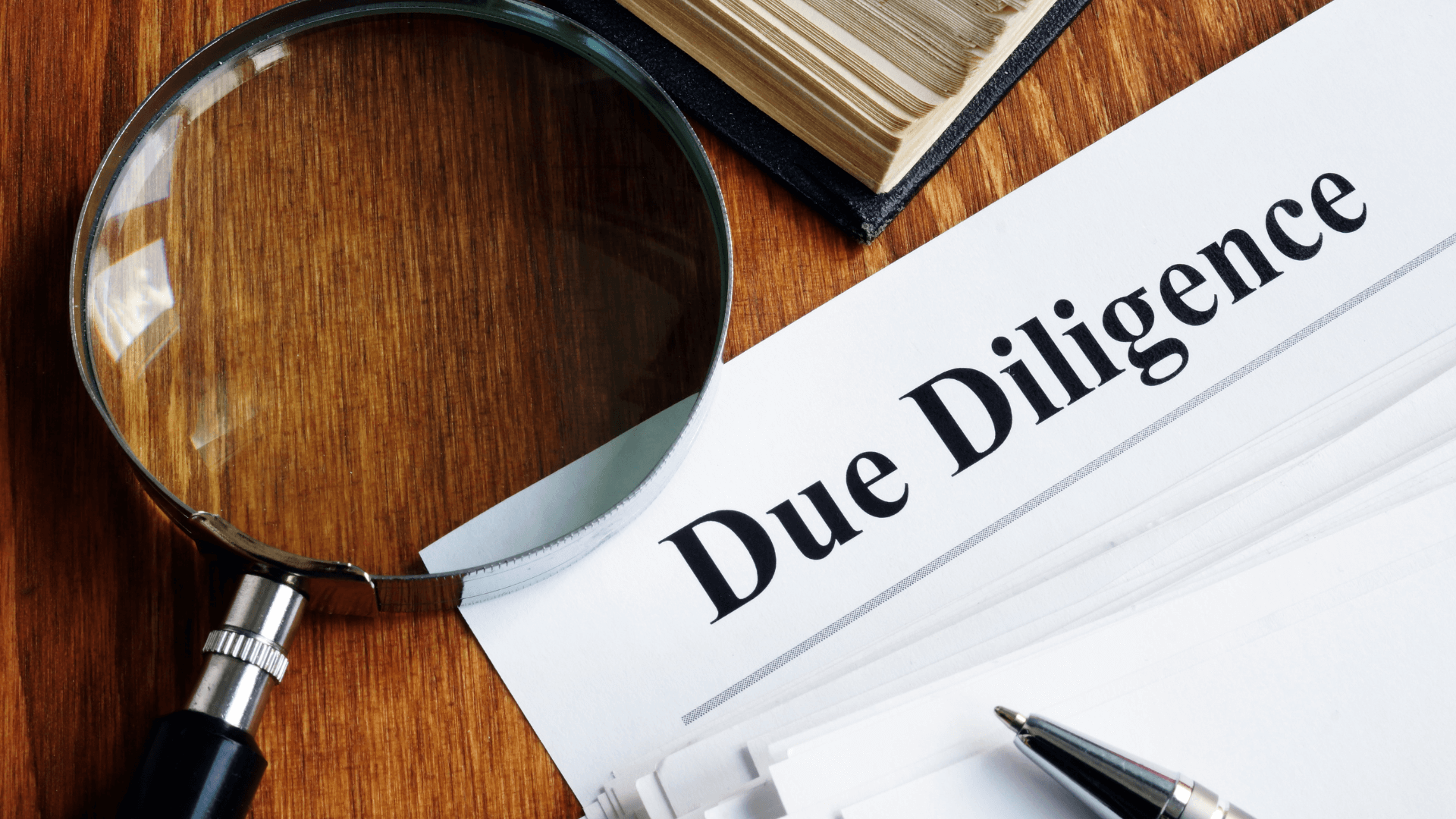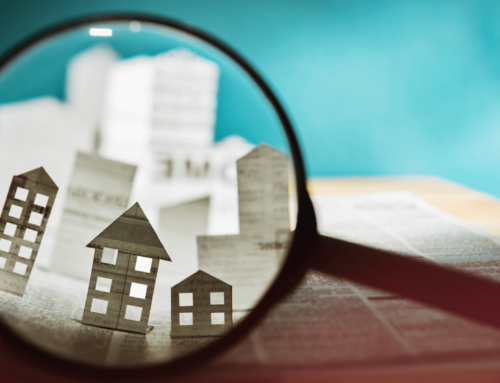When investing in real estate, thorough due diligence is a critical step that a failure to do right could cost you a lot of money, which could destroy your investing dream especially if you are just getting started.
Due Diligence generally involves examining and reviewing all the physical, legal, and financial details of the property to understand exactly what you are investing in, and also help you uncover any potential risks or liabilities associated with the property.
Due Diligence also goes beyond just looking at the current value or condition of the property; it extends to scrutinizing leases, property management agreements, zoning laws, and structural integrity.
This process will help you in making an informed decision on your purchase, reducing the likelihood of unexpected problems later on.
Concept and Importance of Due Diligence
Due diligence is a process where you thoroughly check and verify all aspects of a property before buying it.
This includes examining legal documents, inspecting the physical property, reviewing financial records, and assessing any risks involved. The goal is to make sure you know exactly what you’re getting and avoid any surprises after the purchase.
Understanding the property’s financial aspects, like taxes and utility costs, can give you peace of mind and negotiation power. Overall, due diligence protects your investment and reduces the chance of unpleasant surprises down the line.
Types of Due Diligence in Real Estate
In real estate, you can categorize due diligence into several areas. Here are the areas you need to worry about:
Legal Due Diligence
This involves checking all legal documents related to the property. You’ll want to confirm the property’s ownership, make sure there are no disputes or liens, and check that the property complies with local laws and regulations.
Physical Due Diligence
This is about inspecting the property itself. You or an expert will check the building’s condition, looking for any damage, maintenance issues, or potential hazards.
Financial Due Diligence
This includes reviewing the property’s financial records, such as tax bills and utility costs, to understand the expenses involved. If it’s a rental property, you might also look at income statements to see how much money it generates.
Environmental Due Diligence
This type of due diligence assesses any potential environmental risks, such as contamination or hazardous materials on the property. It’s important to ensure the land is safe and compliant with environmental laws.
Zoning and Permitting Due Diligence
Checking zoning and permitting is important to ensure you can use the property the way you want, whether it’s for living, business, or development purposes.
Important Things You Should Know About Due Diligence
Time Frame: Due diligence often has a set period in which you need to complete your investigations. Make sure you understand this timeline and use it effectively.
The timeframe should generally be between the time you get a contract from the seller and before your closing date.
Professional Help: Consider hiring experts, such as inspectors, lawyers, or other specialists depending on the condition of the property to help you with different aspects of due diligence.
If you have experience with buying properties it will be easy for you to know if a house need extra inspection. But when you are new, I highly recommend you get someone who is an expert to assist you with the due diligence process.
Continual Process: Due diligence isn’t just a one-time event. Stay vigilant throughout the transaction to catch any new information or changes.
For example, if after your initial inspection before the closing date you found something suspicious about the property or based on the seller’s situation, you need to clear that suspicion first before closing on the property.
Potential Risks of Poor Due Diligence
If you fail to conduct the right due diligence in a real estate transaction, you could face a variety of problems and challenges which may include:
- Unexpected Costs: You may discover costly repairs or maintenance needs after purchasing the property, which can significantly increase your expenses. This is the most common risk of poor due diligence; some sellers will intentionally refuse to share details about something that needs immediate repair. But they will always tell you everything about the new windows, new carpet, etc.
- Legal Issues: Failing to identify legal disputes, liens, or zoning violations can lead to legal troubles and additional costs to resolve them. You might end up buying a property with a $20,000 lien on it. That is making someone else’s problem your own.
- Uninsurable Property: If the property has undisclosed risks, you might struggle to find insurance coverage, leaving you vulnerable to future losses.
- Difficulty Selling: Future buyers will conduct their own due diligence, and any undiscovered issues could make it harder for you to sell the property.
What To Do If You Encounter a Problem Later?
If you conduct poor due diligence and encounter a problem later, there are steps you can take to address the issue:
Seek Professional Help: Depending on the nature of the problem, consider hiring a professional such as a lawyer, accountant, or inspector to help you assess the situation and explore possible solutions.
Review Your Contract: Check your purchase agreement for any clauses related to the issue, such as seller disclosures, warranties, or indemnification clauses. This could provide you with options for recourse.
Communicate with the Seller: If the seller fails to disclose the problem, you might be able to negotiate a resolution with them, such as compensation for repairs or other damages.
Document Everything: Keep records of any correspondence, repairs, or expenses related to the issue. This documentation could be helpful if you need to take legal action.
Explore Insurance Options: Check your insurance policy to see if the issue is covered. If it is, file a claim to potentially recover some or all of your costs.
Learn from the Experience: Use the situation as a learning opportunity to improve your due diligence process in future transactions.
While encountering problems due to poor due diligence can be challenging, taking proactive steps and seeking professional guidance can help you navigate the situation and mitigate potential losses.
Final thought
In conclusion, conducting thorough due diligence when investing in real estate is essential for making informed decisions and protecting your investment. It can help you avoid costly surprises, legal troubles, and other issues that can arise.
By taking the time to inspect the property, and review legal and financial documents, you can ensure that your real estate investment is a success.
Remember, due diligence is not just a one-time event—stay vigilant throughout the entire process to catch any changes or new information that may arise.







